Western analysts, defence ministers, and diplomats are looking at Russia with increased anxiety. So are many citizens of Europe. Over the last decade Russia has gone to war with Georgia, invested billions in upgrading their military equipment, annexed Crimea, pumped troops into eastern Ukraine, led a major intervention campaign in Syria, tested NATO’s power in the Baltics and Nordics theatres, and interfered with US and European elections. This has led many analysts to point that Russia’s foreign policy is driven by a revanchist sentiment that seeks to restore Russia to greatness.
According to this theory, Russia feels it has been mistreated by the West. Instead of having been treated with the respect that any great power deserves, revanchists claim that Russia feels it has been overlooked for years and that the West has been taking advantage of the power vacuum that resulted from the collapse of the Soviet Union. Accordingly, for over a decade President Vladimir Putin – a former KGB intelligence officer – and his advisors have been pursuing a policy of restoration with the ultimate aim of bringing Russia back to the centre stage of world power. But this reading, predominant in mainstream western media, is too simplistic and overlooks other key factors at play.
One of these is the West’s encroachment on Russia’s historic sphere of influence. Since the 1990s, NATO has gradually incorporated former Soviet Union and Warsaw Pact states into its web of alliances, including the Baltics, Poland, Bulgaria, Romania, and other countries from Eastern Europe and the former Yugoslavia. This encroachment may not only have inflicted a wound in Russia’s pride but with all certainty it has and is contributing to an increased sense of insecurity on the part of the Russians. Thus, Russia’s moves over the last decade may be more an attempt to push the West and NATO back, than the result of an obscure aim to restore Russia to greatness.
This theory therefore assumes that the West and Russia are locked in a zero-sum game in which the gains of one side – especially if they take place in historic areas of Russian influence – are viewed as direct losses by the other side, which then feels compelled to push back with all means at its disposal. This, in turn, is compounded by very high levels of Russian ethno-nationalism fuelled from the top and which serves as a basis of legitimacy at home. The annexation of Crimea, with a majority of Russophone population, is a case in point.
Another key factor at play is the difference in how the West and Russia see the world, and the preference for one type of political organisation over another. With the collapse of the Soviet Union the US was left unchallenged to pursue a unipolar world order, culminating in the invasions of Afghanistan and Iraq, which Russia’s Putin – together with China – does not share, instead pursuing a multipolar system. Further, the West positions itself as a beacon of freedom, democracy, respect for human rights, and free trade, yet the Russian political establishment does not share the same values. EU encroachment, therefore, is likely to be adding a political and socioeconomic dimension to the heightened levels of insecurity driven by NATO and military encroachment.
In conclusion, Russia’s foreign policy is driven not necessarily or only by a revanchist sentiment aimed at restoring it to greatness, but by other key factors. These include a heightened sense of insecurity resulting from NATO encroachment, in turn compounded by high levels of Russian ethno-nationalism, and a very different if not antagonistic world view when compared to that which is espoused by the West and the EU in particular. This makes conflict between the West and Russia all the more likely and a serious possibility.
This is not the same as concluding that conflict between the two sides is inevitable, and there are recent examples of collaboration in other areas, such as for example in containing Iran’s and North Korea’s nuclear aspirations, or in resolving the conflicts in eastern Ukraine and Syria. A scenario of confrontation and cooperation was also present during the Cold War, especially during the Gorbachev-Reagan years when the US and the then Soviet Union reached several arms control agreements despite high levels of mutual distrust and antagonistic ideologies.


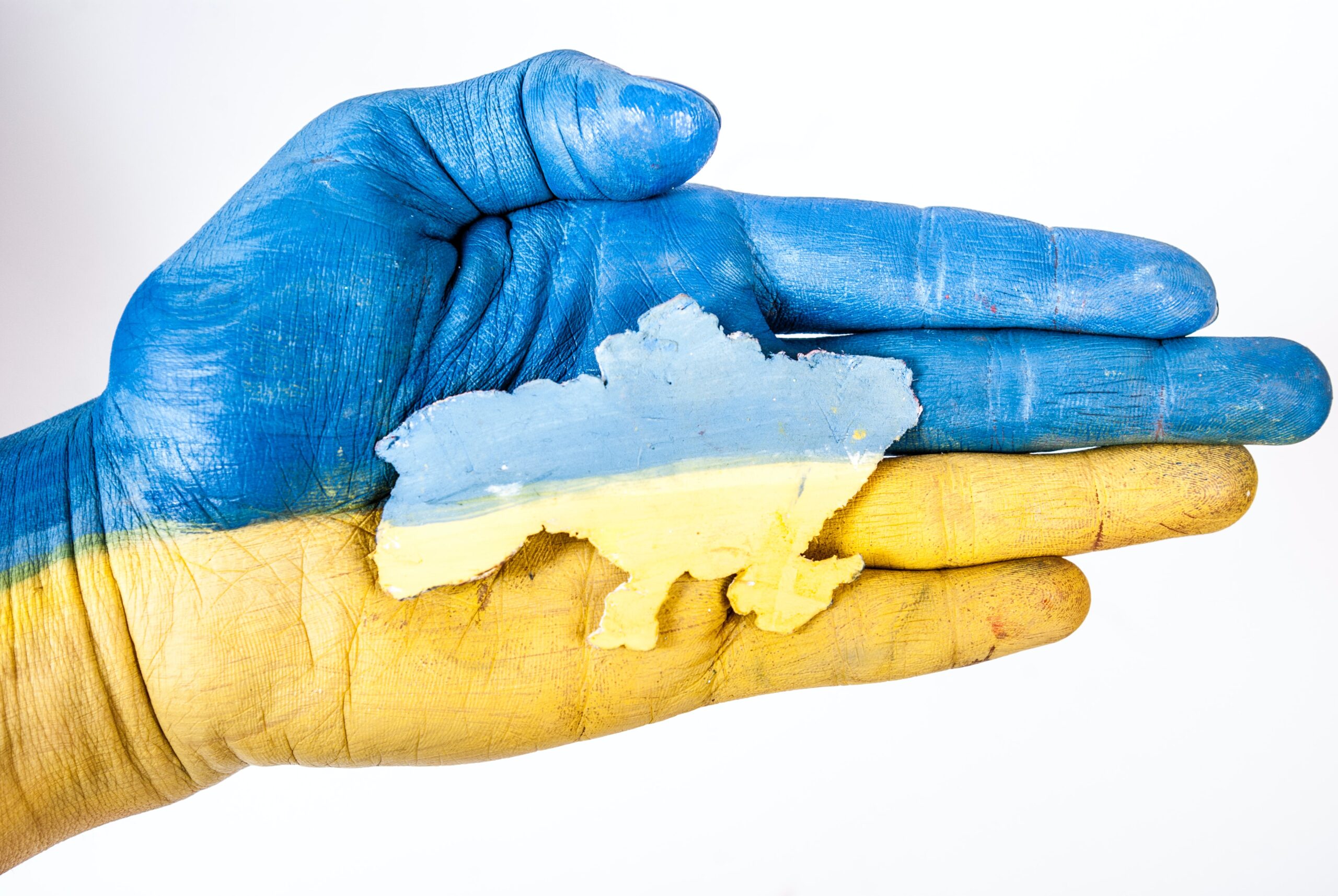
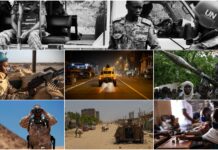
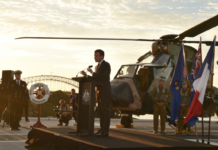

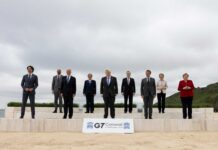






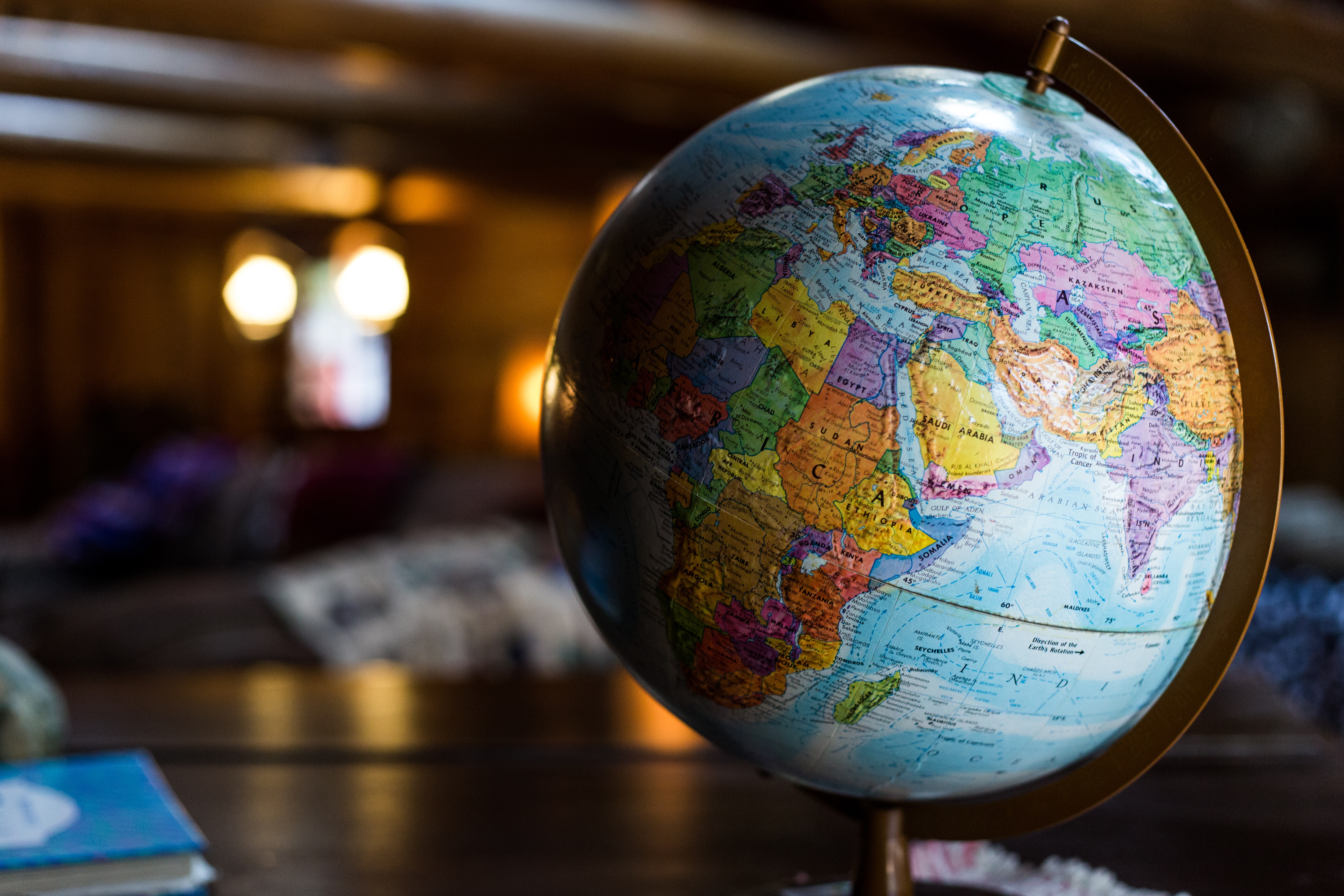

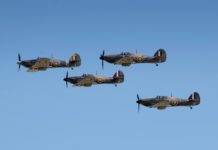




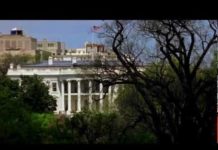



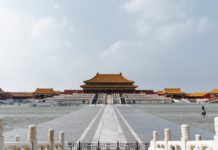
![Moscow Kremlin Towers of south wall. Dmitry Ivanov. [CC BY-SA 4.0 (https://creativecommons.org/licenses/by-sa/4.0)]](http://polemology.org/wp-content/uploads/2017/10/Moscow_Kremlin_Towers_of_south_wall-1068x703.jpg)


